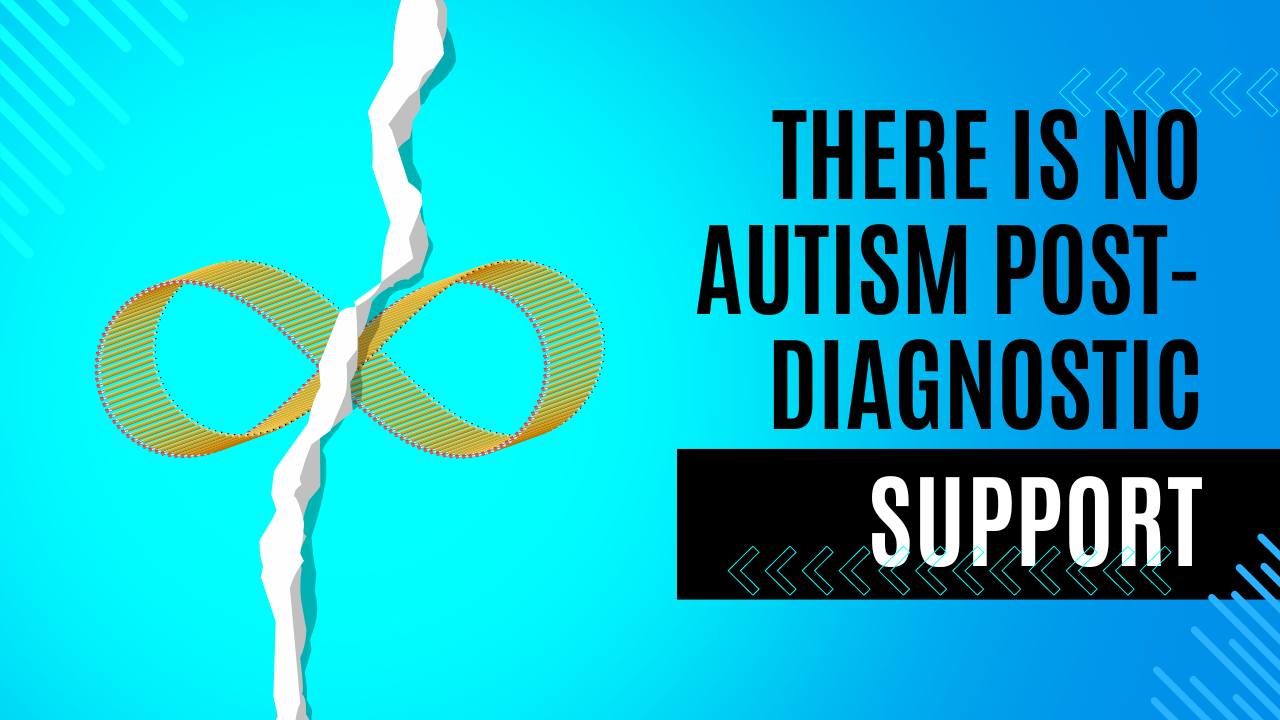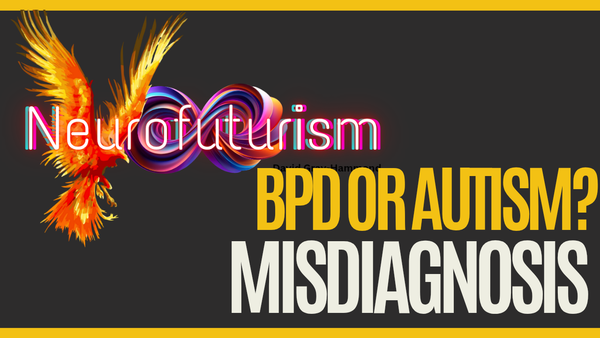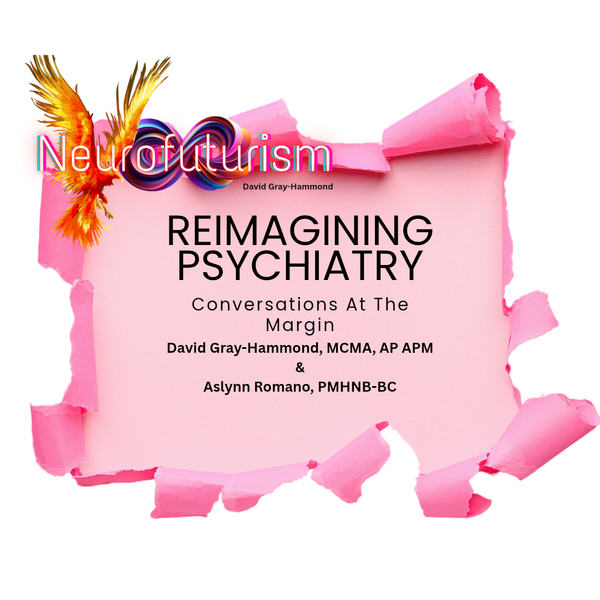Diagnosed & Dumped: The lack of post-diagnostic support for autism

When we consider the journey to getting an autism diagnosis, we can be forgiven for feeling a little overwhelmed. From start to finish the process can take many years, many disappointments, and enough paperwork to make it feel like you have fallen into a bureaucratic block hole. Some find the process so daunting that they don't even try. This probably accounts for some of the estimated 1.2 million undiagnosed Autistic people in the UK.
However, if you manage to overcome the wait list, the paperwork, the delving into your childhood. If you manage to justify your own existence according to the outdated and restrictive diagnostic criteria, you may well now be diagnosed with autism.
So what comes after my autism assessment?
In short, not much. Very little is actually done after you receive an autism diagnosis. I refer to this as the "diagnose & dump" model. In particular, I am thinking about the over-reliance on third sector organisations and lack of statutory post-diagnostic provision.
The National Health Service (NHS) website has a page titled "Where to get autism support". It gives the following places where support is available.
- Friends an Family
- This assumes that we have had equal social opportunities to others, and that we have a good and supportive relationship with our family.
- National Charities
- National charities rarely offer the bespoke, one-to-one support required after a diagnosis
- Local support groups
- Again, this assumes your area has them, and that they are a positive environment from which to learn about yourself.
- Social media and forums
- I will say that this was the pnly place I found meaningful support post-diagnosis.
The hypocrisy of relying on the internet to do the job
Diagnostic services for autism are predicated on the medicalisation of Autistic people. They are firmly built within the pathology. It seems then that we could consider it hypocritical to rely on third-sector organisations and social media to support us.
Given that medical establishments have spent decades pathologising us, it seems very strange to have post-diagnostic support be completely reliant on services outside of the healthcare profession. Even if post-diagnostic support only helped with common health complications in Autistic populations without affecting Autistic struggles, it would be something.
Alas, there is no support. Even the aforementioned web page does not tell you how to find other Autistic people on social media.
Where can I find support following an autism diagnosis?
Autistic people are all over the internet, the challenge is finding your particular part of our rhizomatic community. I have a discord server full of Autistic people, there are Facebook groups, X/Twitter communities, we're even in the fediverse.
What stands out to me is that if social media is going to be recommended as post-diagnostic support, we need to actually make it known how to find us. The journey from diagnosis to self-actualisation and acceptance is long and scary. We shouldn't have to go it alone.
David's new book is available now!
Join the Emergent Divergence Discord Community!


